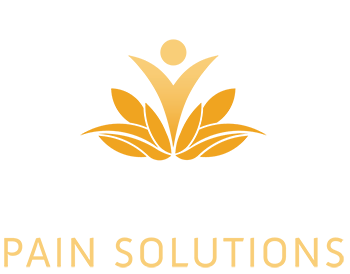By Dan Vidal
This is one of the most common questions I hear in my practice.
To answer this question, we first have to properly define what pain is. Pain is simply an alarm system in your body that alerts you to a potential problem. It’s your brain’s way of saying, “Hey, there’s something going on here and it’s not good. There might be serious damage if you don’t do something about it.”
When our minds and bodies are healthy and well-attuned to one another, these messages are accurate and appropriate in intensity, location, and frequency. When we are not healthy or are under extreme mental and physical stress, these messages can become exaggerated, inappropriate, or simply more easily triggered because of the body’s weakened state.
Asking why you suddenly have pain is a lot like a former Powerball winner asking why he is broke and in debt after years of reckless spending. The answer is that your ability to adapt to stress has finally been overwhelmed by the stressors (both internal and external) that are placed upon it. The part of your body that complains is simply the weakest point.
I like to think of the body’s ability to adapt to stress as a sink and drain. When everything is working well, the drain is clear and you can run the water freely without having to worry about the sink overflowing. If the drain gets clogged though, it’s only a matter of time before the sink overflows.
The more crap you and your body are dealing with on a daily basis, the more likely you are to experience pain and the less your body is able to compensate for all the normal wears and tears of the physical world. It may seem like the pain came from nowhere, but it didn’t. The factors that lead to it gradually built up over time. Your drain became clogged, and now your sink is overflowing. So what do you do?
You only have 3 options when dealing with pain:
- You can shut off the water – i.e. get surgery, take drugs or disassociate from your feelings to block the symptoms.
- You can remove some of the excess water in the sink – i.e. reducing your exposure to stressors.
- You can unclog the drain. This means doing the hard work it takes to increase your ability to deal with stressors by practicing to become more attuned to your body (i.e. meditation, mindful breathing and movement practices, bodywork, yoga etc.) Only this way will allow you to find the root cause of your pain – be it structural, emotional, spiritual, or some combination of all of the above – so that your body will then learn to regulate itself properly again, without the need to avoid the things like socializing, work and play that give your life meaning.
In order to fully address the root cause of pain, often it takes a combination of all the of the above. However, only by fully embracing the process involved in option 3 will you be able to address the root cause of your pain and live life to the fullest. Options 1 and 2 can be very powerful in the short term, but in reality, they are only segues to the therapeutic process of self-discovery that unlocks your body’s hidden power to heal itself.
